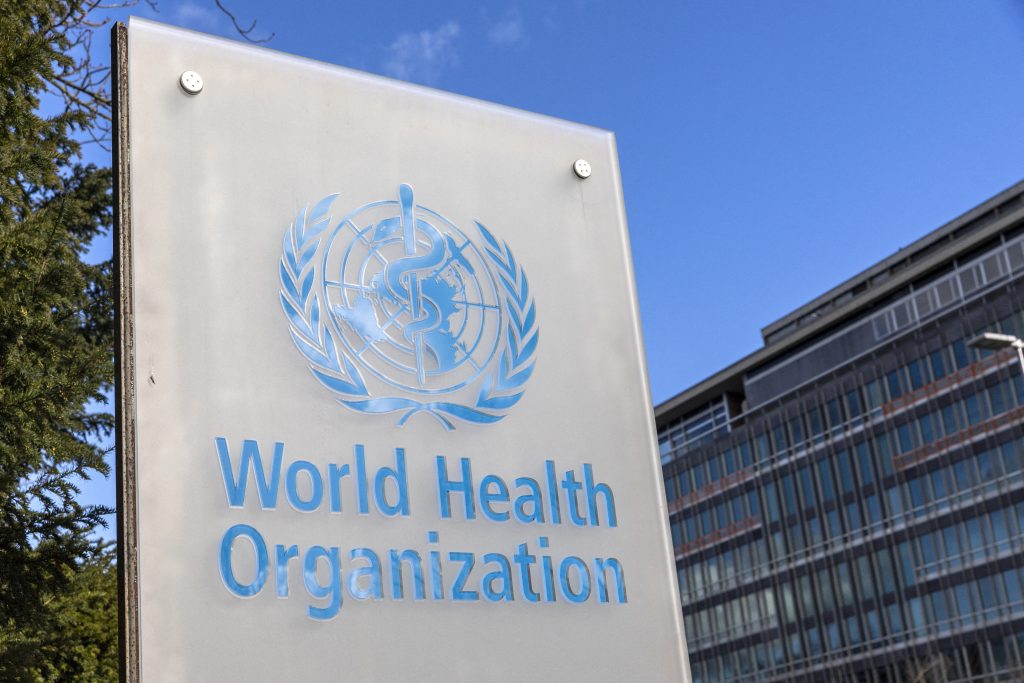The World Health Organisation (WHO) has said that Mpox in Central Africa can be stopped but it needs $135 million of funding to tackle its spread.
Earlier in August, the WHO declared an international health emergency due to a concerning increase in cases of a new Mpox strain in the Democratic Republic of Congo. Sadly, this outbreak has now extended beyond the country’s borders.
“The mpox outbreaks in the Democratic Republic of the Congo and neighboring countries can be controled, and can be stopped,” WHO chief Tedros Adhanom Ghebreyesus is quoted as saying in the statement.
But “doing so requires a comprehensive and coordinated plan of action,” the director general added.

Launched on Monday, the WHO’s Strategic Preparedness and Response Plan covers September 2024 to February 2025 and has an estimated funding requirement of $135 million to implement it.
An appeal for global funding will be announced shortly, and this effort will involve collaboration with partners such as the African Union’s public health agency. In the meantime, approximately $1.5 million has been drawn from the WHO’s emergency reserve fund to support initial actions.
Previously known as Monkeypox, Mpox is a disease caused by a virus that is transmitted to humans from infected animals and can also spread between people through close physical contact.
Symptoms include fever, muscle aches, and skin lesions, and the disease can be fatal in some cases.


